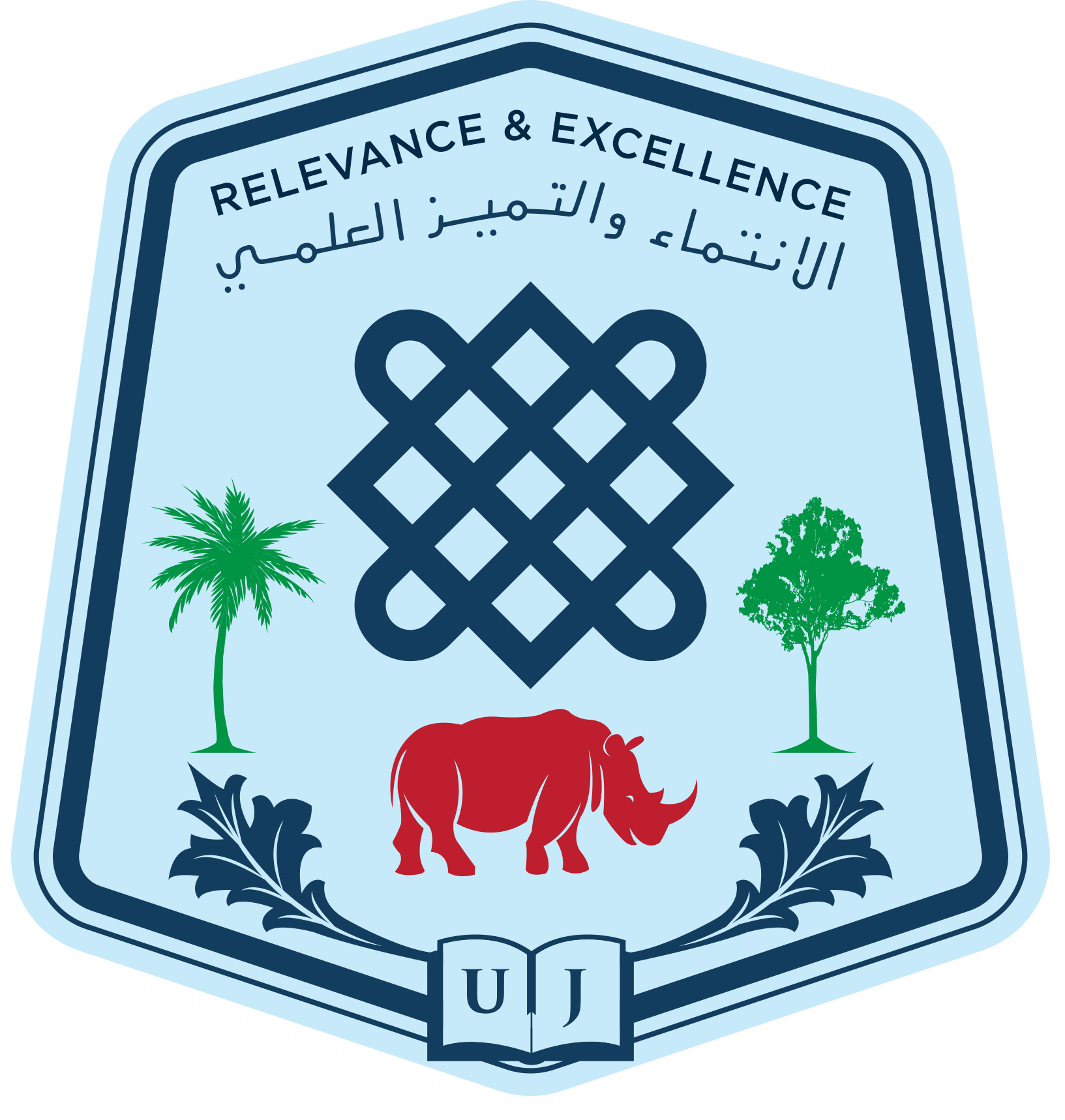Andrew Amegove Kiri 1, Kuorwel Kuai Kuorwel2
Abstract
The situation analysis of food safety control systems of South Sudan was carried out from November 2019 to April 2020 by the country team that previously attended the ‘Food Safety Training Workshop for
Animal-Source Foods and Fresh Fruits and Vegetables’ at the International Livestock Research Institute
(ILRI) campus in Addis Ababa from 12 to 23 August 2019. The main objective of conducting this study
was to understand the present food safety system situation of the country in order to make suggestions for improvements to stakeholders. The information used for the work was derived from a variety of sources including food laws, policies and consultation with the main food safety stakeholders and responsible institutions. Other sources of information included health map, students’ theses, newspapers, studies on the national burden of foodborne diseases and records from hospitals and clinics.
This situation analysis consists of four sections: policy, products, food safety challenges or problems, and
priorities. The report covers policies, stakeholder analysis, food safety risk assessment and food safety
policies and legislations concerning animal-source food (ASF) and fruits and vegetables (FV). The aim of
the policy section is to understand the level of stakeholder engagement in implementing the food safety
mandate while the product section deals with the current level of consumption of ASF and FV and the
production, export and import aspects of these foods. The focus of the product section is mainly on
important sources of animal proteins and niche agro-produce that are specific to South Sudan. In the food safety problems section, the foodborne diseases of public health importance are identified as well as their methods of detection and management. In this analysis, Vibrio cholerae and non-typhoidal Salmonella were the major public health hazards causing foodborne diseases in South Sudan. The priorities section emphasizes the top five food safety problems the country faces. Some of the practices identified include the use of untreated stream water, collection of plastic bottles from rubbish heaps for reuse, use of dishcloths to clean many utensils (which may easily transfer contaminants from one utensil to another), frequent eating of bush meat and drinking raw or uncooked blood.
Within the food safety system framework, different institutions work independently with different work
cultures, leading to fragmentation and incoherence of efforts. The ambiguities of different policies had
caused the fragmentation of the food safety system. For instance, the following government institutions all work on food safety: Ministries of Health, Agriculture and Food Security, Livestock and Fisheries, Trade and Industry, South Sudan National Bureau of Standards, Juba City Council, and the three public
universities (University of Juba, University of Upper Nile and University of Bahr Ghazal). This haphazard manner of food safety implementation indicates that South Sudan lacks a singular unified food safety body with a mandate to coordinate efforts from various government regulatory agencies. In support of food safety implementation, laboratories for food testing and surveillance programs have been established but face technical and operational challenges due to limited resources and expertise. Available laboratories do not have the capacity to conduct comprehensive testing of foods and other products to support the country’s food safety system.
Download the PDF Food safety control South Sudan
